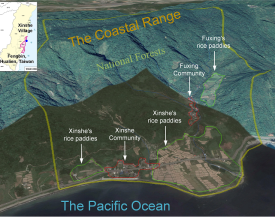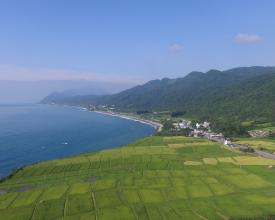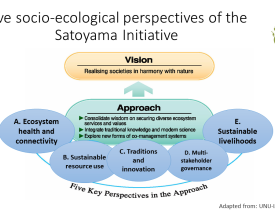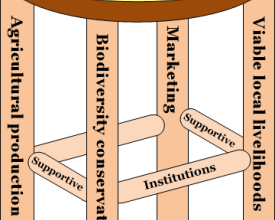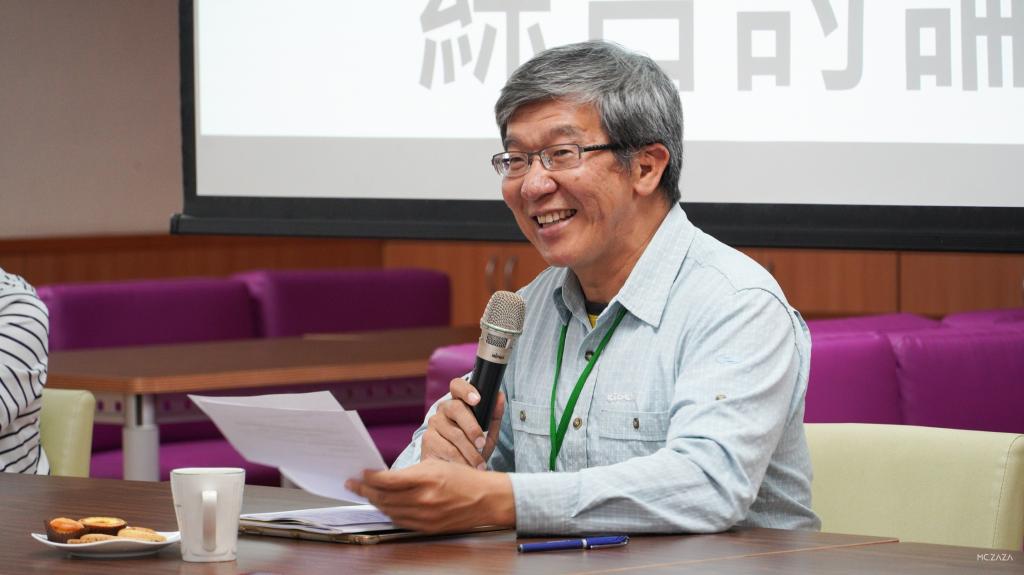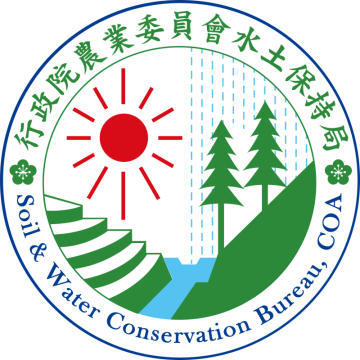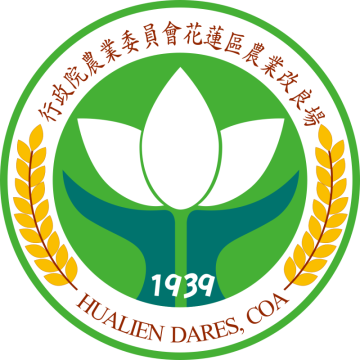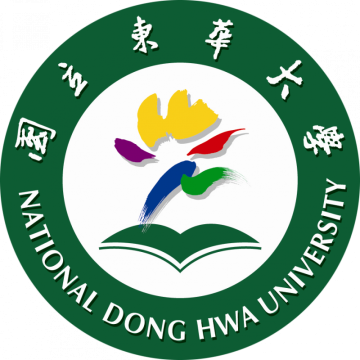
An integrated landscape approach for revitalisation of indigenous socio-ecological production landscape and seascape in Xinshe Village, Hualien County, Taiwan
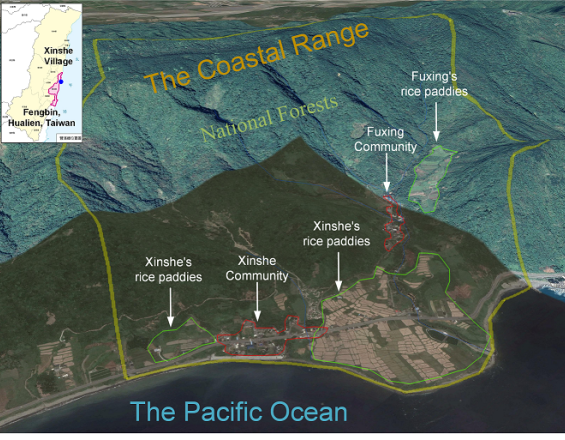
The Xinshe Socio-Ecological Production Landscape and Seascape (SEPLS) is a sub-tropical ridge to reef watershed located in Xinshe Village in Taiwan. In the early 2010s, despite its rich Indigenous sustainable resource management, the Xinshe SEPLS was struggling with the consequences of rapid socio-economic development as well as issues of depopulation and aging, deterioration of farmlands, degradation of natural resources, loss of Indigenous know how, lack of incentives for young people to return home.
In October 2016, the Xinshe Forest-River-Village-Ocean Eco-Agriculture Initiative and its multi-stakeholder platform facilitated by the National Dong Hwa University introduced an innovative landscape approach and an adaptive co-management model inspired by the 5 perspectives of the Satoyama Initiative - ecosystem health and connectivity, sustainable resource use, traditions and innovation, multi-stakeholder governance, sustainable livelihoods.
The Xinshe Initiative has now entered its mid-term implementation phase (2021-2026).
Impacts
The Xinshe Initiative has demonstrated how multi-stakeholder efforts can contribute to the establishment of means to enhance sustainable local livelihoods.
The initial phase of the Initiative (2016-2019) was characterised by laying out stepping stones (stakeholders cooperation across sectors and knowledge paradigms) and harvesting the low-hanging fruit by tackling the most urgent issues (waterways restoration, farmland revitalisation, crop diversification, eco-friendly farming, taking stock of freshwater and marine biodiversity, documenting traditional knowledge of the elders).
In 2020, the Xinshe Initiative conducted 12 community-based Resilience Assessment Workshops (RAWs) as a means of direct input into planning for the subsequent 2021-2026 mid-term phase. Over the next years, the Initiative will focus on:
- enhancing the protection and sustainable use of freshwater and marine resources
- promoting eco-agriculture and native crops
- documenting Indigenous know how
- disaster risks prevention
To date, the impacts of the Initiative have already exceeded the geographic scale of the Xinshe SEPLS and the successful adaptive co-management model is now being considered for adoption by other communities across Taiwan. In 2021, more RAWs will be conducted in eight other SEPLS nationwide as a part of the Taiwan Partnership for the Satoyama Initiative.
